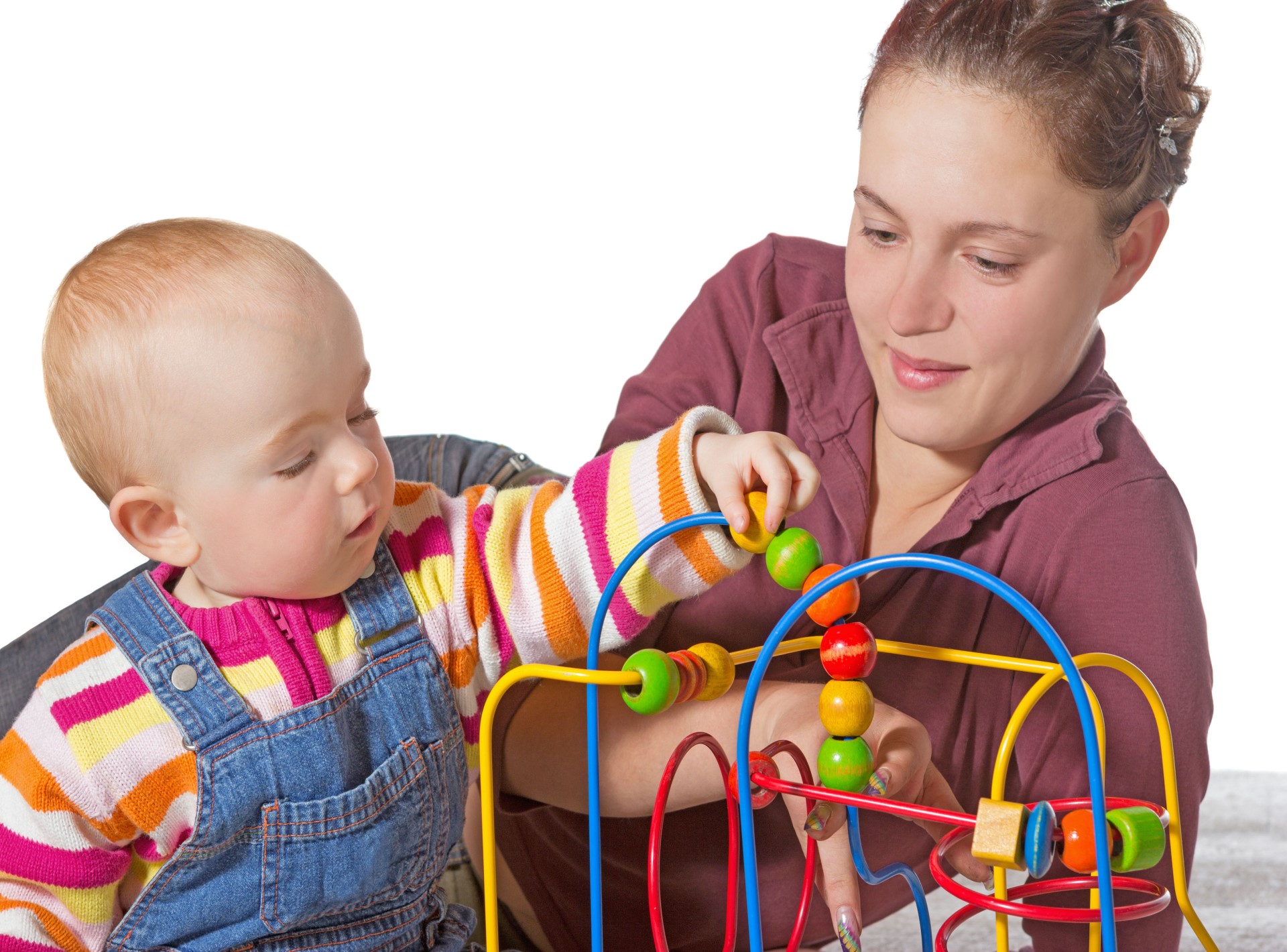
A world-first program for babies with delays in their social and communication skills has been launched in WA by the Telethon Kids Institute.
Inklings — a program which supports babies aged 6-18 months who are showing early differences in their social interaction and communication development — is funded by the National Disability Insurance Agency as part of a new partnership between the NDIA, Telethon Kids, the Child and Adolescent Health Service and the WA Country Health Service.
Federal Minister for the NDIS and Government Services Bill Shorten and WA Minister for Health Amber-Jade Sanderson announced the new partnership, which will run for three years and involve 700 families from across WA.
Professor Andrew Whitehouse, the Angela Wright Bennet Professor of Autism Research at Telethon Kids and the University of Western Australia, welcomed the Federal and State Governments’ support.
“It’s a great feeling to see translation of this life-changing research actually making a difference to families who need support so that each child has their very best chance to reach their potential,” Professor Whitehouse said.
“When I started in the field 20 years ago, we adopted a wait and see approach. We knew children were developing differently very early on, but we waited to see if their development was going to go off course very clearly to receive a diagnosis later in life.
“The challenge was that while we could identify babies developing differently, families were not embraced by clinical systems that could provide support. “
He said that after 10 years of research, listening to parents’ concerns, followed by clinical trials using scientific advances, TKI had a solid evidence base for the importance of very early intervention and strategies to provide more essential support for parents.
“By the age of 12-months we have a good understanding of the early signs that a child’s development might be going a bit differently. That might be things such as, not responding to their name consistently, differences in their pointing patterns, perhaps not imitating simple movements like clapping hands or waving goodbye,” Professor Whitehouse said.
“Now all of these, in and of themselves, is not necessarily a sign of developmental differences, but when they cluster together in the same child, we start to understand that perhaps that child could benefit from additional developmental supports.”
The 10-session program is delivered fortnightly over six months, with sessions either in-clinic or via telehealth, using short videos of a caregiver interacting with their baby to help them better understand of their baby’s behaviour and responses.
With the guidance of a trained practitioner, caregivers will learn strategies to build on their own strengths to best to support their baby’s social communication development and incorporate key messages from the session into their daily routine.
“Our greatest opportunity to create lifelong changes in little humans who are developing differently starts in those early childhood years, and that’s about developing clinical systems that embrace children and provide safe and effective therapy supports,” Professor Whitehouse said.
“And one of the biggest things that we can do as parents is to be detectives of our own baby, to understand what makes them tick.”
Caregivers who live in WA can either be referred by a health professional or enquire direct to Inklings to see if they are eligible to participate.
To find out more about the Inklings program, head to www.inklings.org.au/wa

